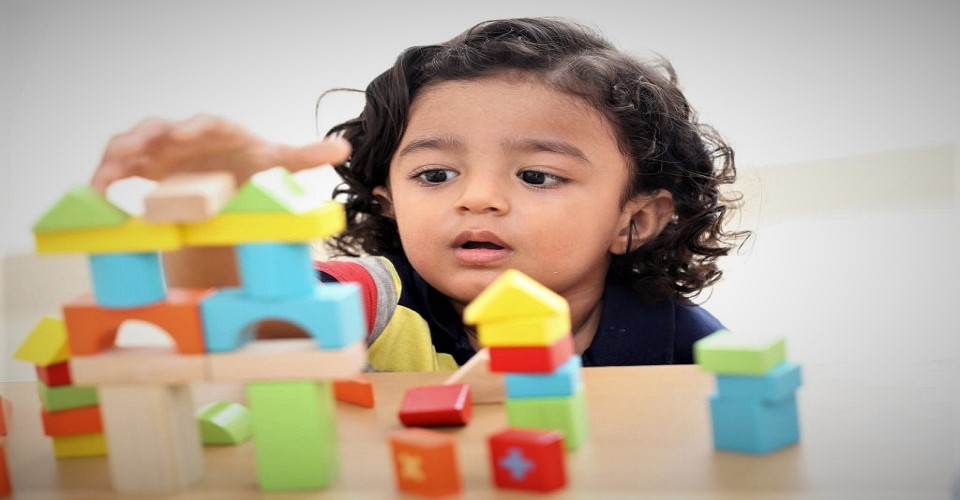Lesson Plans in Early Childhood Education for the 21st Century Teaching Practice
2nd June 2020

It is believed that the teachers are the most excellent individuals to bring out the best among the young learners’ inventiveness by reaching that to the peak of success. Most of the time, children get a lot of learning opportunities in different preschools and that’s why preschools must be trained enough to shape the creative areas of children. The young learners generally from a young age construct a variety of ideas that build a vision around them. The different insights and other observations of different objects build a considerate consciousness of children.
Teaching involves a lot of development and planning, starting from organizing the classroom to budding the engaging creative content for students on a daily basis. In order to help a child in the fullest way, it is significant for teachers to set up resourceful lesson plans to encourage the complete development within a child. Teaching professionals must be prepared to recognize and integrate new resources for their students with the continuous implementation of new learning patterns as well as changing programme of study requirements. Each student is different and considers the different points while learning. Usually, teaching values among the toddlers need to be used in living along with training them on how to socialize and communicate with others which is important.
Importance of Lesson Plans in Early Childhood Education
Lesson plans for early childhood education need to educate the young learners about the different behavioural values, basic values and construction.
Enforcing your students to stay in a detailed part of the curriculum and allowing them to practice that is crucial as a lot of teachers do not allow creative spaces. A teacher can learn all these tricks to create different creative spaces to guide children effectively lies in different study areas of early childhood care and education.
You need to find out what your learners want, how they are keen on to interact and how they like to communicate. Usually, the toddlers love to create different learning activities more than just the typical traditional method of studying and as a teacher, you have so much to do. Keeping the focus of children is not a difficult task if you know proper lesson planning techniques; the teacher needs to be good at observing and understanding the movements of the learners.
As a teacher, you can direct the children to learn lessons through small but efficient tasks. If your classroom feels affectionate in a sense of belongingness, then the learners will be capable to communicate with the ambiance, there is nothing greater than that. You need to develop your lessons in that way. Many kindergartens and preschools develop their curricula in such a way so as to establish the teacher as a channel, allowing students to find out the creative spaces by themselves while the teacher leads them in the course of development.
Children must not be under pressure, sometimes letting them discover the different creative opportunities to explore is also a crucial part. The young learners also have some physical demands more than older students. That’s why a lot of preschools and kindergartens include nap time into their timetable or are on half-day schedules to hold a child’s tiredness after a long-lasting morning of playing and learning development.
There is a large amount of debate going on over what is being covered in an ideal preschool’s lesson plan. However, in reality, the early childhood is a period of wonderful growth and curiosity. Probably that is why it is hard to come to a pronouncement that exactly what, how and when a child needs to learn. Learning all the crucial areas of early childhood education will need you to choose for different online early childhood care and education courses. With proper knowledge of lesson planning, you will be proficient in understanding the apparatus of early childhood care teaching and managing along with bringing out the creative possibilities in young learners.
